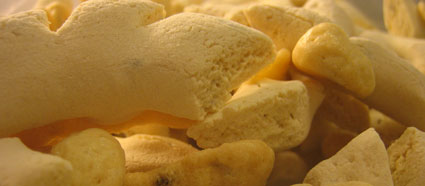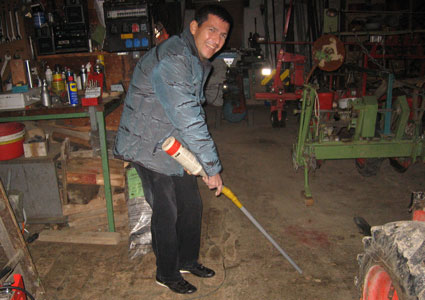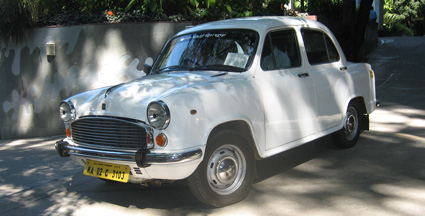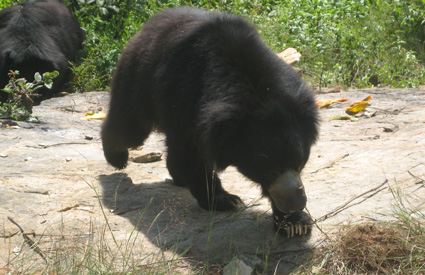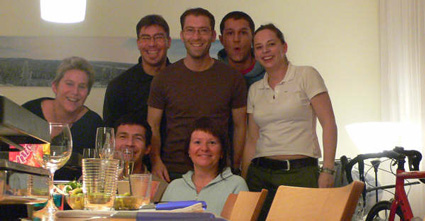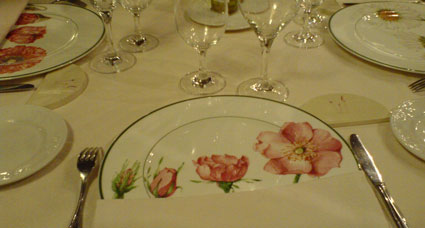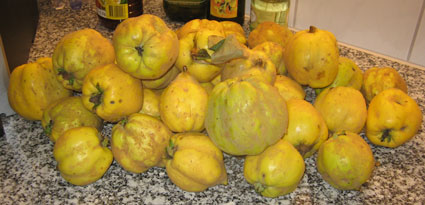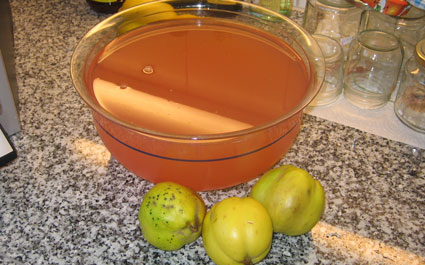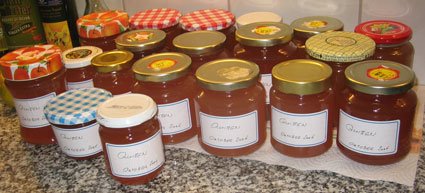
The tag lines reads: Sex is only a substitutional satisfaction.
By the way, Toño and I will be on the island of Majorca until January 3, 2007. Happy New Year!







Organic food, which is grown without man-made pesticides and fertilisers, is generally assumed to be more environmentally friendly than conventional intensive farming, which is heavily reliant on chemical inputs. But it all depends what you mean by "environmentally friendly". Farming is inherently bad for the environment: since humans took it up around 11,000 years ago, the result has been deforestation on a massive scale. But following the "green revolution" of the 1960s greater use of chemical fertiliser has tripled grain yields with very little increase in the area of land under cultivation. Organic methods, which rely on crop rotation, manure and compost in place of fertiliser, are far less intensive. So producing the world's current agricultural output organically would require several times as much land as is currently cultivated. There wouldn't be much room left for the rainforest.









